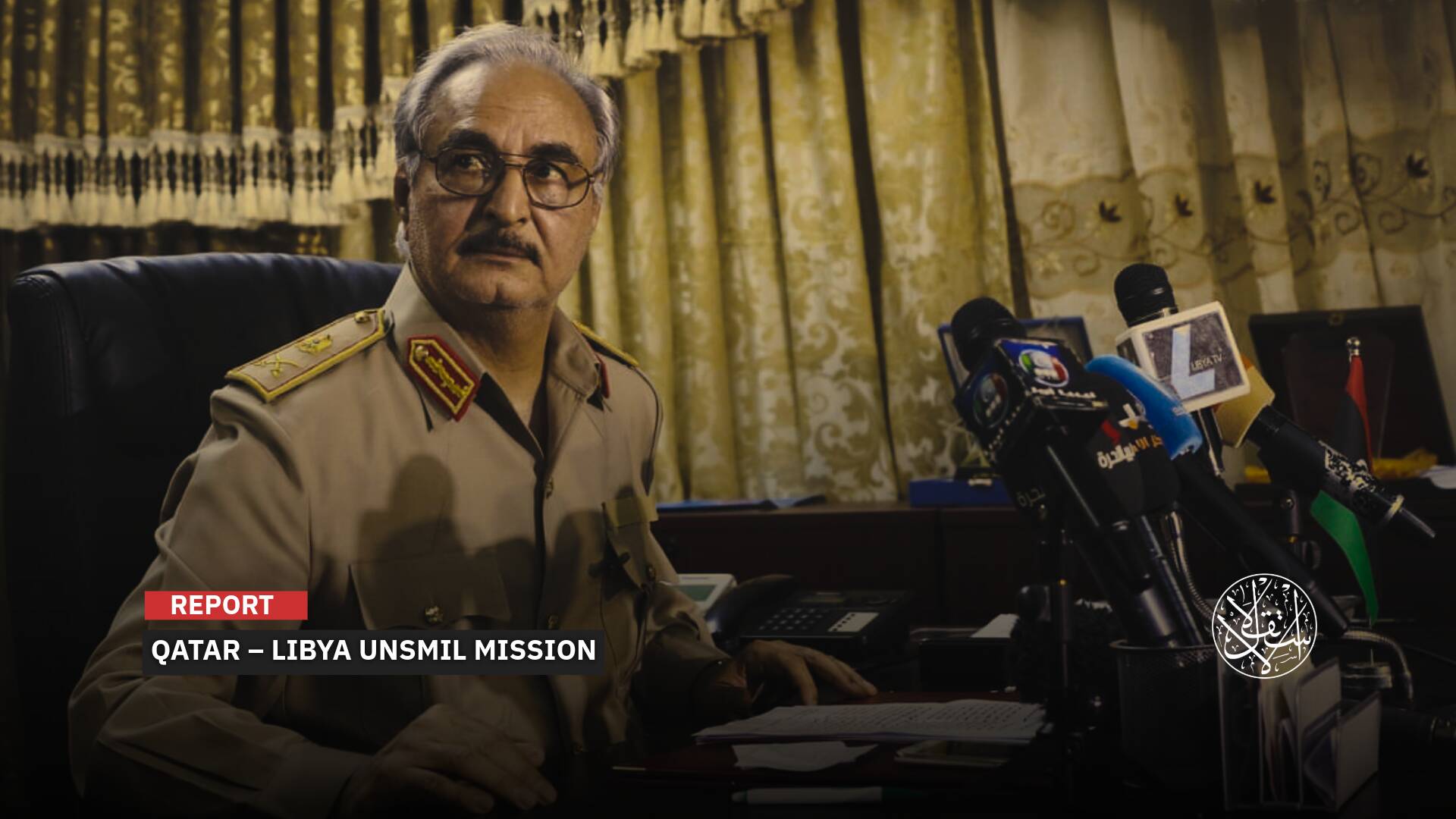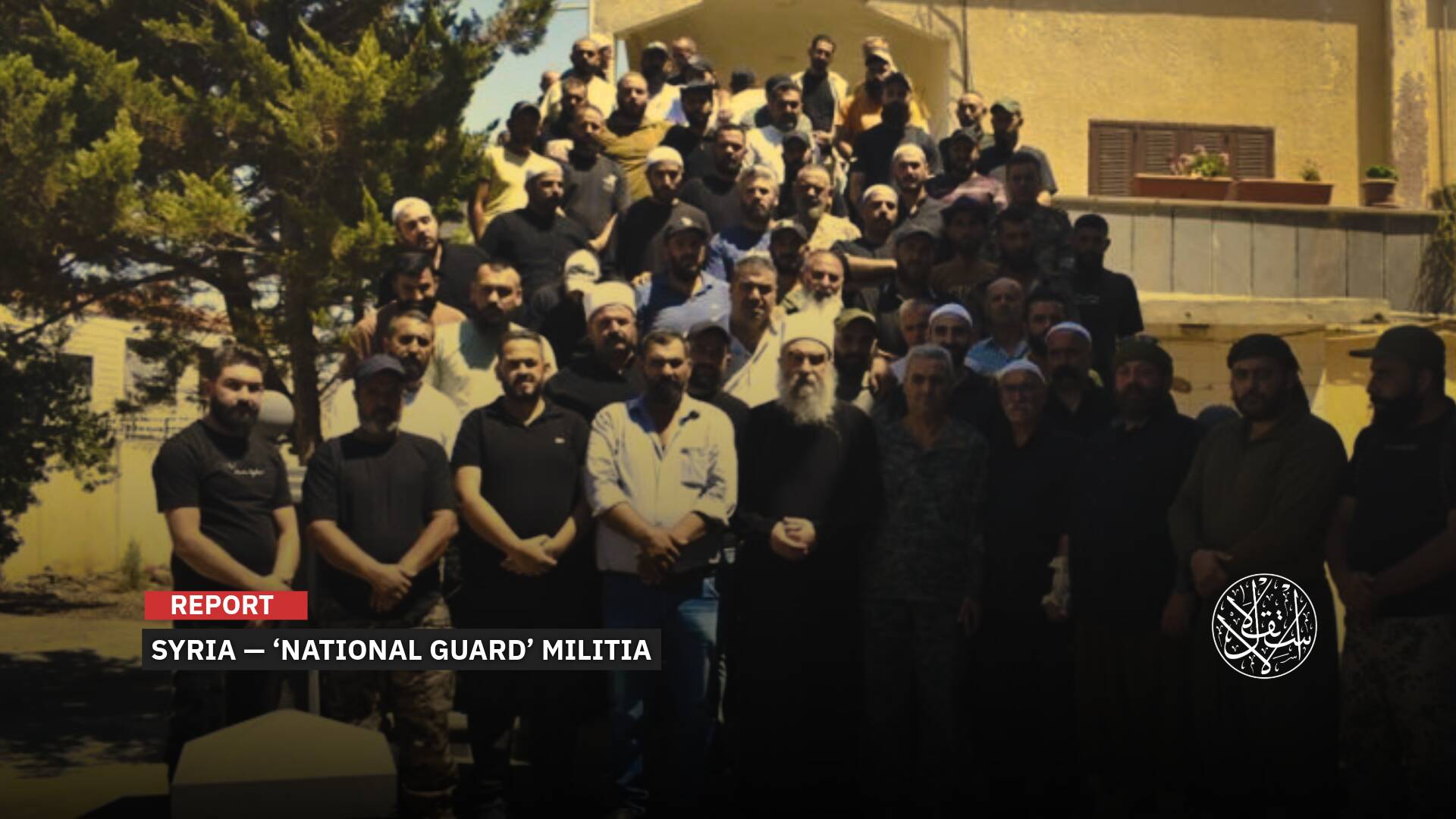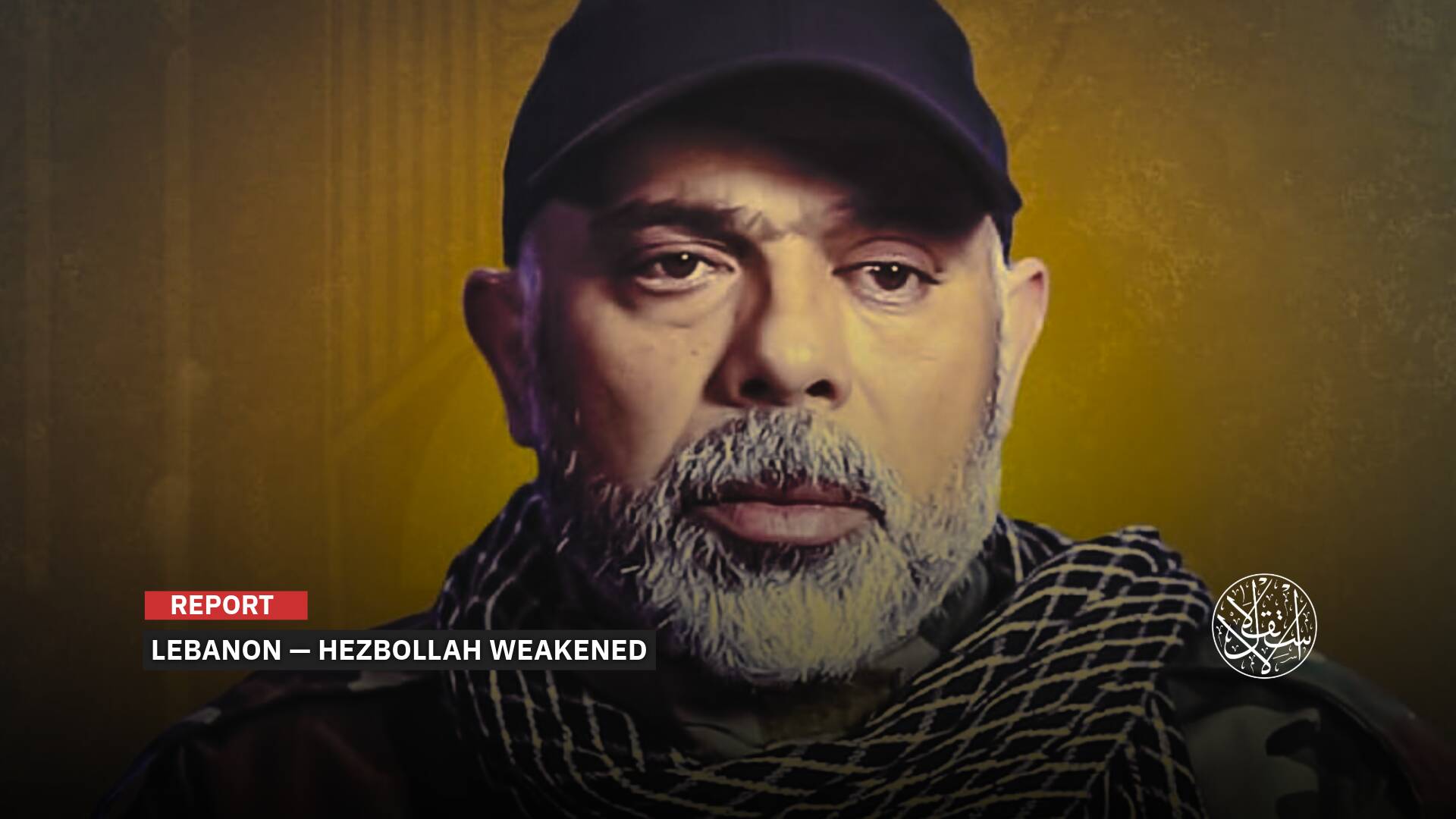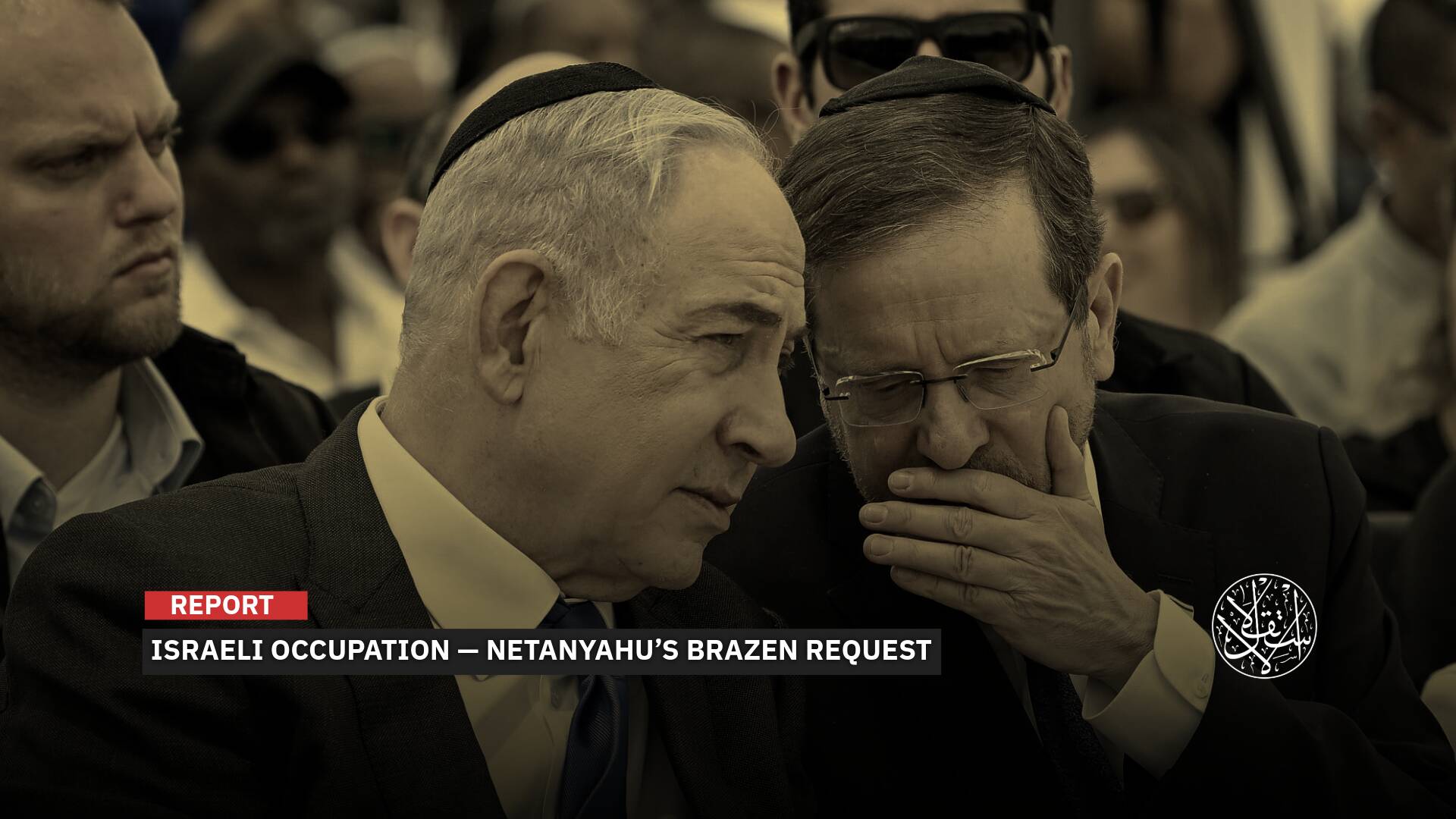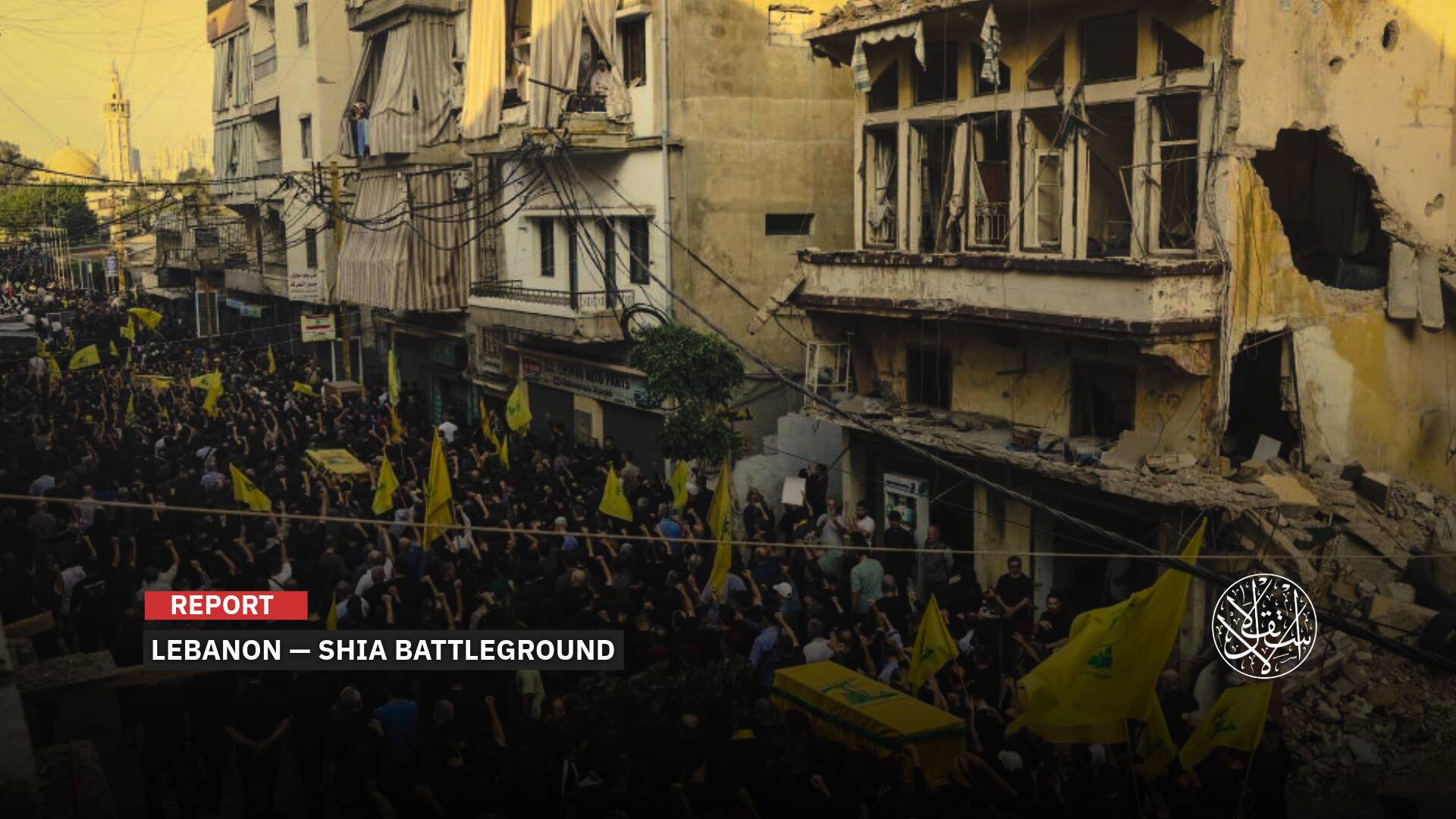How Pezeshkian’s Cabinet Sparked Deep Disagreements between Hardliners and Reformists

“The Reform Front's Leader Azar Mansouri has criticized Pezeshkian for his choices.”
Reactions in Iran to the proposed cabinet presented by Iranian President Masoud Pezeshkian varied.
There were signs of deep disagreements between him and his reformist and moderate allies, after he named 8 out of 19 ministerial portfolios to politicians affiliated with the conservative movement.
The Reform Front, the coordination framework for the parties of the reformist movement, expressed implicit reservations about the formation, especially Pezeshkian’s nomination of a hardline police commander as Iran's interior minister.
Brigadier-General Eskandar Momeni, the proposed interior minister, has been widely criticized for his role in crackdowns on anti-government protests in recent years.
Pezeshkian’s critics say that some of the conservative ministers who were nominated have nothing to do with the reform path Pezeshkian promised during the election campaign.
Pezeshkian responded by saying that he is open to criticism, but that the ministers must be given a chance.
The resignation of former Iranian Foreign Minister Mohammad Javad Zarif, only 11 days after assuming the position of Vice President for Strategic Affairs, also sparked controversy in Iranian circles.
Proposed Cabinet
More than a week after taking the oath of office, Iranian President Massoud Pezeshkian sent the proposed cabinet to parliament, including one female minister, pledging to form a national consensus government of 19 ministries.
Pezeshkian nominated Abbas Araghchi as foreign minister and Revolutionary Guards commander Eskandar Momeni as interior minister.
He also retained Esmail Khatib as intelligence minister, chose Brigadier-General Aziz Nasirzadeh as defense minister, and reinstated Abbas Salehi, Hassan Rouhani’s culture minister, to the same ministry.
Pezeshkian also proposed Farzaneh Sadeq as transportation and urban development minister, while he nominated Abdolnaser Hemmati, the former governor of the central bank in Hassan Rouhani’s government, to take over the economy portfolio.
The Iranian president must obtain prior approval from the Supreme Leader to name the ministers of foreign affairs, interior, intelligence, defense, and culture.
According to Iran International, a Persian-language news TV channel headquartered in London, 11 of the ministers proposed by Pezeshkian have previously served in the administrations of former presidents, Ebrahim Raisi and Hassan Rouhani.
The proposed cabinet has been met with sharp criticism from other reformists who are disappointed by the inclusion of a number of conservative ministers from Raisi’s administration.
Rahmatullah Begdeli, a member of the government’s Strategic Council, noted that the most important ministries have been handed over to the ultra-conservatives, indicating a strengthening of hardline forces.
The discontent surrounding Pezeshkian’s cabinet is clear, according to Iran International, with reformists upset by the absence of Sunni representation and the inclusion of only one woman among the proposed ministers.
The presence of former Raisi cabinet ministers among the list has been met with criticism from the reformist camp.
Entekhab news agency warned the reformist cabinet is infiltrated and argued that some proposed cabinet ministers not only lack a reformist track record, but also even don’t belong among the centrists.
Entekhab further warned radical Cabinet ministers may pursue radical policies completely opposed to the president’s cabinet line.

Zarif’s Resignation
In his first response to the proposed cabinet of President Masoud Pezeshkian that was presented to parliament, Iranian Vice President for Strategic Affairs Mohammad Javad Zarif resigned from his post, apologizing for his inability to deal with the complexities of domestic politics.
Zarif, who is considered a member of the reformist camp, confirmed that only three of the 19 ministers presented were names recommended by the advisory council responsible for selecting the candidates.
He noted that 10 of the proposed ministers were not included in the committee’s list at all, Iran International TV reported.
Zarif wrote on his X account: “I am not satisfied with the results of my work and I feel ashamed that I was not able to achieve the expert opinion in the committees, and to involve women, youth and ethnic groups as I promised.”
The IRGC-affiliated newspaper Javan attacked Zarif and his resignation, accusing him of trying to pressure the president to make his decisions subject to Zarif and his approach.
The newspaper also attacked some reformist figures who criticized Pezeshkian and accused him of secretly colluding with those in power, in order to stay as long as possible.
Farhikhtegan newspaper criticized Zarif's resignation, describing it as a stab in the back directed by Zarif at Pezeshkian's cabinet at the beginning of the road.
Zarif was not the only one who opposed the proposed cabinet, as Reform Front's Leader Azar Mansouri also criticized Pezeshkian for his choices, saying that miracles should not be expected from this government.

Controversial Appointments
In the same context, the Javan newspaper attacked those who demanded that Pezeshkian remove ultra-conservative figures from their positions and appoint officials from the reformist movement.
It also attacked those who urged the president not to care about the results of the opinions and positions presented by the security services regarding the figures nominated to assume positions in his cabinet.
In turn, writer and former reformist presidential candidate Mostafa Hashemitaba called on President Pezeshkian to change at least some ministers before parliament begins announcing the results of its review of their qualifications.
He also stressed that the new president should have clarified the mechanism by which he chose his ministers and been frank with the people about the reasons for choosing them in this way, which has drawn criticism from many.
Writer and political activist Mohsen Ranani called on Pezeshkian to resign if he is not allowed to appoint people and ministers he believes in and their qualifications, reminding him of his promises to resign if something stands in the way of his policies.
In Ranani’s letter to the new Iranian president, he wrote: “Mr. Pezeshkian, you have disgraced us. You have disappointed us and our hopes. Mr. President, you have failed before becoming president.”
Javad Imam, spokesperson for the Reform Front, criticized the continued dominance of military and paramilitary forces in Iranian politics, questioning the point of holding elections if the result remains unchanged.

In contrast, former reformist president Mohammad Khatami called for supporting the new cabinet, in an attempt to cool the tension between the Iranian President and his allies in the reformist movement, who have harshly criticized his ministerial formation, which is awaiting the parliament's confidence.
Political activist Mohammad Hashemi Rafsanjani, brother of former president Ali Akbar Hashemi Rafsanjani, also called for not wasting opportunities to grant confidence to cabinet ministers.


